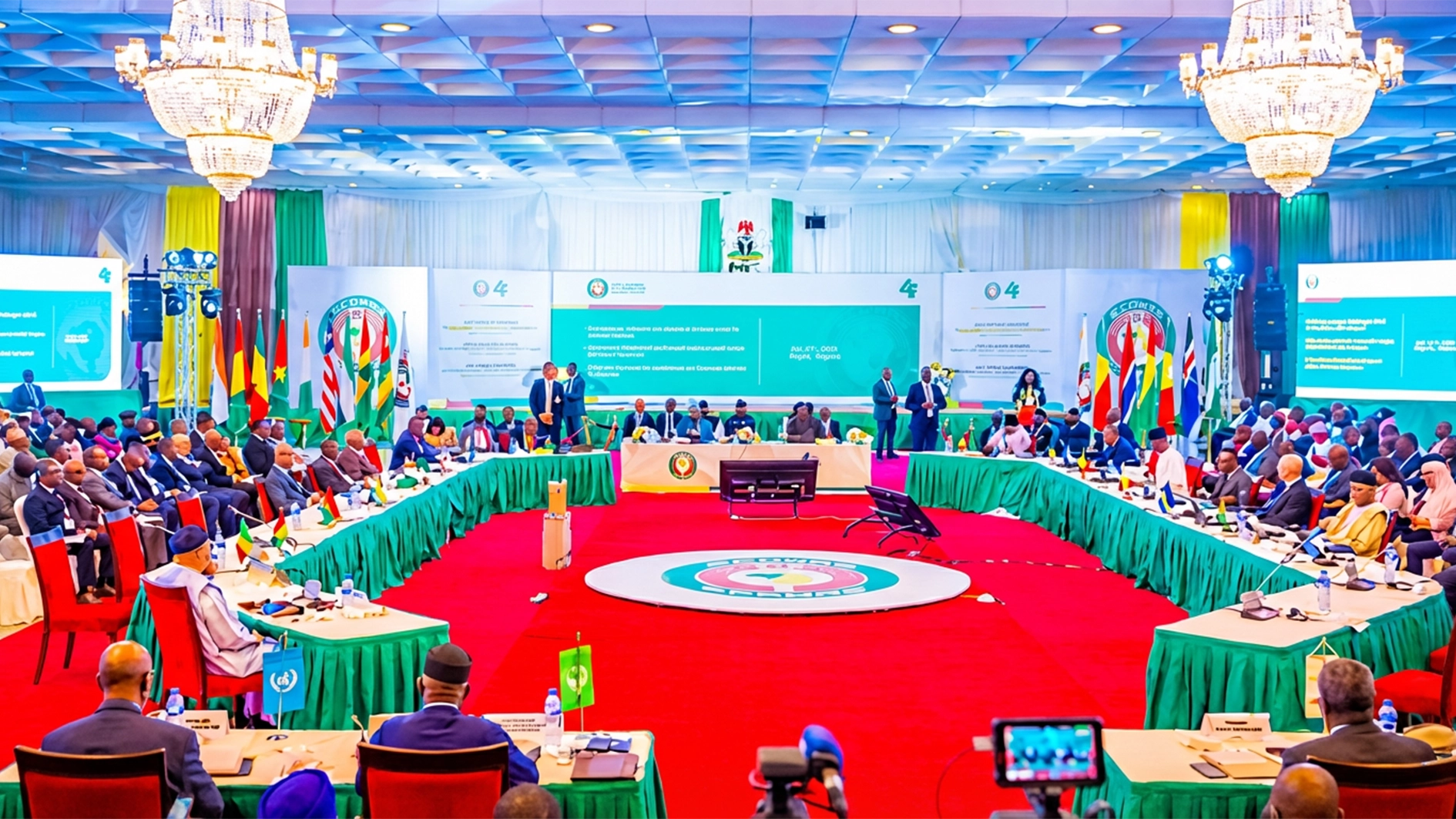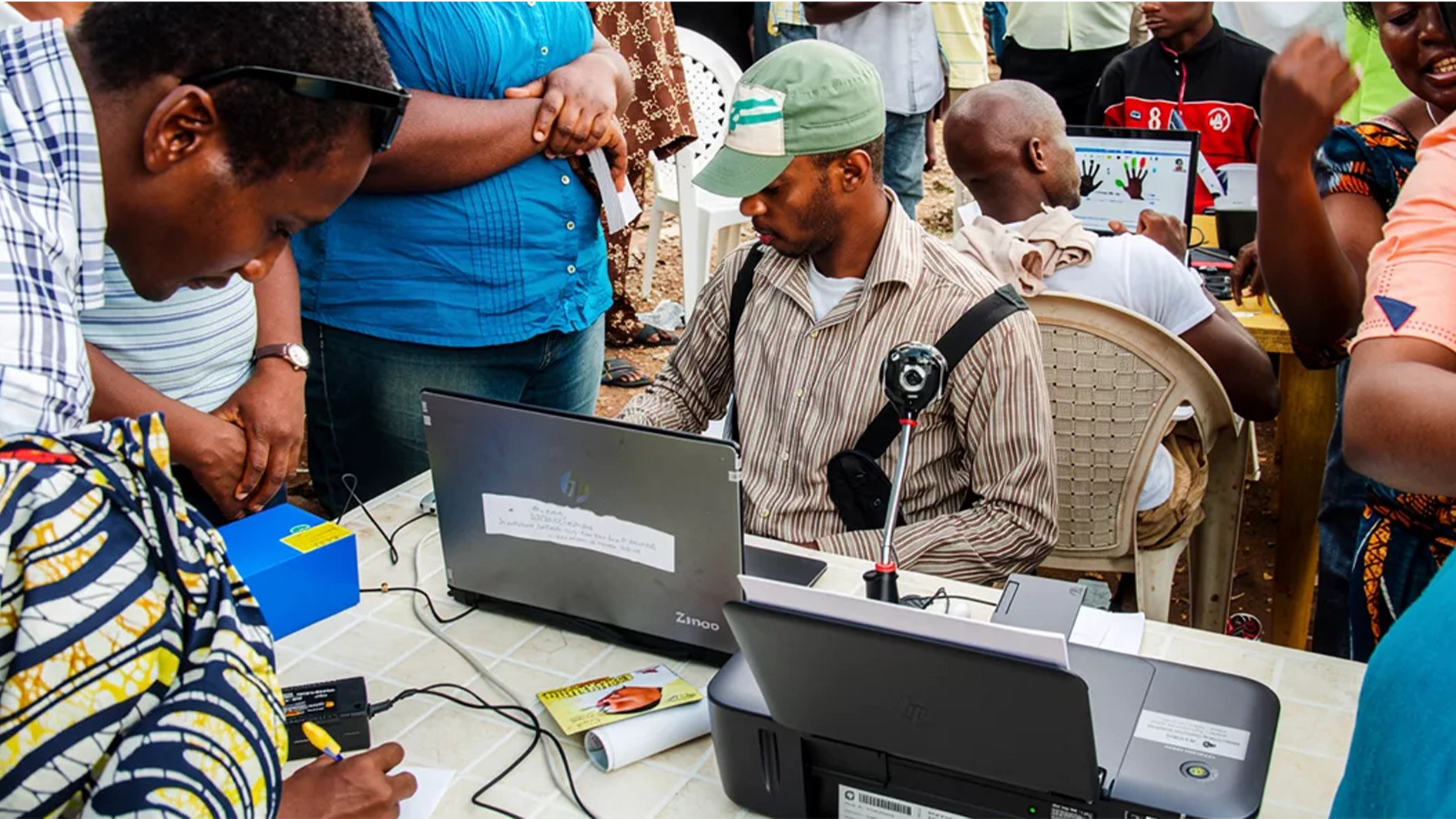
The alarming situation of Mpox, formerly known as monkeypox, in the Democratic Republic of Congo (DRC), is a stark reminder of the urgent need for a comprehensive and proactive approach to public health in Nigeria. It is a wake-up call for Nigeria to take immediate action to strengthen its public health systems.
According to a leading virologist and former President of the Nigerian Academy of Science, Prof. Oyewale Tomori, Nigeria is at a critical juncture in healthcare delivery, and the country must take immediate action to address the challenges posed by the monkeypox outbreak. He cautioned that without early detection and monitoring, the country will always be playing catch-up, struggling to contain outbreaks like monkeypox, arguing that the ongoing situation in the DRC, where inadequate surveillance has led to the spread of the disease to neighbouring countries, serves as a cautionary tale for Nigeria.
This warning should not be treated with kid gloves given that Nigeria has experienced a resurgence of monkeypox cases in recent years. According to the Nigeria Centre for Disease Control (NCDC), between September 2017 and November 2018, about 300 suspected cases were reported from 26 out of 36 states and the Federal Capital Territory, with the highest number of cases reported from South-South.
According to the most recent reports from the NCDC, 176 confirmed cases and nine deaths have been recorded since the outbreak began in September 2017. With this statistic, the spectre of this zoonotic disease looms large over public health in our nation.
These cases have been reported across 18 states, with Delta and Lagos being the most affected regions; and the majority of confirmed cases have been among males aged 21 to 40 years, and there have been instances of human-to-human transmission, further complicating containment efforts.
The latest statistics from the NCDC reveal that monkeypox is not merely a relic of the past but a current and pressing health challenge that requires immediate attention. Monkeypox, a zoonotic disease caused by the monkeypox virus, is endemic to Central and West Africa. It is a public health concern due to its potential for outbreaks and transmission among humans. The virus is closely related to the variola virus, which causes smallpox, and presents with symptoms such as fever, rash, and lymphadenopathy that can escalate quickly, leading to severe health complications.
The virus is primarily transmitted through direct contact with infected animals and humans, close contact with infected individuals, and contaminated surfaces or materials; and its persistence in communities is exacerbated by factors such as declining population immunity, environmental changes and increased human-animal interactions due to urbanisation, deforestation, and the consumption of bushmeat. These interactions with wildlife increase the risk of zoonotic spillover events, making it imperative for communities to understand the risks and take preventive measures.
In particular, animal-to-human is through direct contact with infected animals, such as handling or consuming bushmeat; human-to-human, through respiratory droplets, skin lesions, or bodily fluids of infected individuals; and environmental is through contaminated surfaces or materials that can also serve as transmission pathways. The virus can remain viable in the environment, contributing to its persistence and spread.
However, many individuals still believe that the disease spreads like the flu, which is misleading and dangerous, but it primarily requires close contact with infected individuals or animals. Also, it is associated with witchcraft or curses, which are cultural beliefs that may lead to the stigmatisation of affected individuals, complicating public health responses; and vaccination misconceptions by some communities who may think that smallpox vaccination provides complete immunity against monkeypox, which is not entirely accurate. Addressing these misconceptions is essential for effective public health communication and response strategies.
Specifically on Nigeria, some of the key drivers of the spread of monkeypox are the lack of effective disease surveillance systems; and dependence on international vaccine supplies as Nigeria’s inability to produce vaccines locally leaves the country vulnerable, especially during times of global shortages.
Tackling monkeypox involves prevention and response; and collaboration of all stakeholders – from government agencies to community members. By implementing comprehensive public health campaigns, promoting hygiene practices, strengthening surveillance systems, and adopting the One Health approach, Nigeria can effectively prevent and respond to monkeypox outbreaks.
Therefore, to prevent monkeypox outbreaks, communities can play a crucial role through a combination of education, hygiene practices, surveillance, and collaboration with health authorities. It is essential to implement comprehensive public health campaigns that educate communities about monkeypox, its transmission, symptoms, and prevention strategies. Community leaders, religious organisations, and the National Orientation Agency (NOA) can play a crucial role in sharing accurate information and dispelling myths. By empowering local leaders and health workers with knowledge about monkeypox, communities can effectively promote preventive behaviours and encourage individuals to seek medical care when necessary.
As such, it is important to create public awareness through educating communities about transmission, symptoms and prevention methods, which can help dispel myths and reduce stigma associated with the disease; and promote good hygiene practices and safe practices such as handwashing, respiratory etiquette, safe food handling practices, safe handling of animals and discouraging the consumption of bushmeat to minimise the risk of transmission.
Another important aspect of tackling monkeypox is the adoption of the One Health approach, which recognises the interconnectedness of human, animal, and environmental health. Factors such as deforestation, habitat destruction, and increased human-animal interactions have contributed to the re-emergence of monkeypox in Nigeria. By reducing contact with potentially infected animals and improving sanitation practices, communities can help minimise the risk of zoonotic spillover events.
Although, the Nigerian government, through agencies like the Federal Ministry of Health and the Nigeria Centre for Disease Control (NCDC), has shown its commitment to preparedness and response by implementing interventions such as the Surveillance Outbreak, Response, Management, and Analysis System (SORMAS) and the Emergency Operation Centre; more can be done to strengthen disease surveillance, ensure access to vaccines and medical care, and improve diagnostic capabilities.
As Nigeria grapples with the persistent threat of monkeypox, the urgency for a coordinated and robust response has never been clearer; and it is time for all Nigerians to come together and take action against this emerging public health threat of monkeypox; and the government to prioritise public health and ensure that the country is ready to face the challenges posed by infectious diseases.






